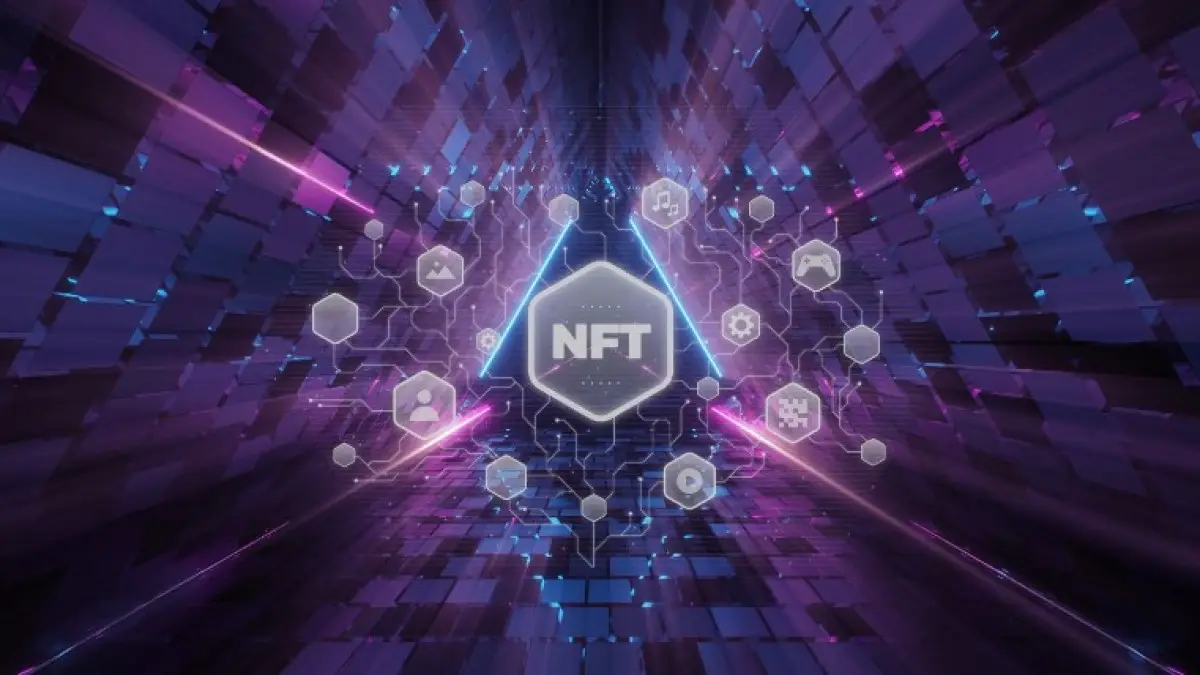In a world where digital ownership is gaining ground, NFTs (Non-Fungible Tokens) have emerged as the new frontier of innovation. From digital art and collectibles to real estate and gaming, NFTs are redefining value and trust in the online space. But behind every successful NFT platform or project is a team that brings it all to life — the NFT development service providers.
Choosing the right development partner can determine the success or failure of your NFT venture. So, what exactly should you look for when hiring an NFT development service? Let’s explore the essential features that matter.
Understanding the Role of NFT Development Services
NFT development services are specialized technology providers that help individuals and businesses create, launch, and manage NFT-based platforms or solutions. Their expertise spans across blockchain development, smart contracts, token standards, and front-end interfaces.
These services play a vital role in turning creative ideas into fully functional NFT ecosystems.
Why Choosing the Right Features Matters
With the NFT industry rapidly evolving, not all development companies are equal. Some provide basic infrastructure, while others offer advanced solutions with future-ready features.
Picking a service without understanding its offerings can result in:
- Security vulnerabilities
- Poor user experience
- Lack of scalability
- Higher operational costs
That’s why identifying key features is crucial before committing to a development partner.
Must-Have Features in NFT Development Services
Let’s dive into the top features that a reliable NFT development company should provide:
1. Smart Contract Customization
Smart contracts are the building blocks of NFTs. They manage everything from minting and ownership to royalties and transfers. A robust NFT development service should offer:
- Custom smart contracts tailored to your needs
- Support for standards like ERC-721, ERC-1155, BEP-721
- Features like royalties, batch minting, burning, and freezing
Customizable smart contracts allow for flexibility and long-term scalability.
2. Multi-Blockchain Compatibility
Ethereum may have pioneered NFTs, but today, platforms like Polygon, Solana, BNB Chain, and Avalanche are equally important. Your development partner should:
- Offer integration across multiple blockchains
- Suggest the best network based on your goals (fees, speed, user base)
- Ensure seamless cross-chain asset functionality
Multi-chain support allows you to reach a broader audience and save on costs.
3. Integrated Wallet Support
Wallets are crucial for NFT transactions. An ideal service will integrate:
- MetaMask
- Trust Wallet
- WalletConnect
- Coinbase Wallet
- Hardware wallet options (like Ledger)
This ensures users can safely store, buy, and sell NFTs with ease.
4. NFT Marketplace Functionality
An NFT project is incomplete without a fully functional marketplace. Look for services that offer:
- User-friendly UI/UX
- Advanced filtering and search
- Auction and fixed-price listings
- Royalty management for creators
- Multi-payment support (crypto and fiat)
Your marketplace should provide a seamless and engaging experience for users.
5. Scalability and Performance Optimization
NFT platforms often face heavy traffic, especially during drops or events. Choose a development partner that ensures:
- High-load performance under traffic spikes
- Microservices-based architecture
- CDN integration and load balancing
- Auto-scaling for server infrastructure
This guarantees a smooth user experience at scale.
6. IPFS and Decentralized Storage
NFTs involve storing metadata and digital assets (images, videos, music). Your NFT development service should:
- Use IPFS (InterPlanetary File System) for decentralized file storage
- Ensure metadata is tamper-proof and permanent
- Offer fallback solutions or hybrid storage if needed
This preserves the value and authenticity of each NFT Game Development Company.
7. Security-Driven Architecture
Security is non-negotiable in blockchain. Opt for providers that offer:
- End-to-end encryption
- Smart contract audits
- DDoS protection
- 2FA authentication
- Regular vulnerability assessments
A secure platform builds user trust and protects against exploitation.
8. Admin Dashboard and Analytics
Running an NFT platform requires backend visibility. Ask for:
- Intuitive admin dashboards
- Real-time analytics and performance metrics
- NFT sales tracking and user engagement reports
- Customizable access roles and controls
This helps in monitoring platform health and user behavior.
9. Post-Launch Support & Upgrades
NFT technology is evolving rapidly. Choose a company that provides:
- Ongoing maintenance and bug fixes
- New feature rollouts
- Compatibility upgrades with evolving Blockchain Development Company In Dubai standards
- 24/7 support and incident response
A post-launch partnership ensures your project stays competitive over time.
10. White Label NFT Marketplace Solutions
For entrepreneurs looking for faster time-to-market, white-label NFT platforms offer:
- Pre-built, customizable marketplace templates
- Faster deployment
- Cost-effective branding and design flexibility
- Ready-to-integrate modules
This is ideal for startups that want to test the waters without heavy development investment.
Conclusion
The success of your NFT project depends on more than just a great idea it depends on the quality of the development behind it. By prioritizing the features mentioned above, you can ensure a secure, scalable, and user-friendly platform that’s built for the future.
As NFTs continue to disrupt industries, having the right development service by your side isn’t just a choice it’s a necessity. So, choose wisely, and build boldly.
